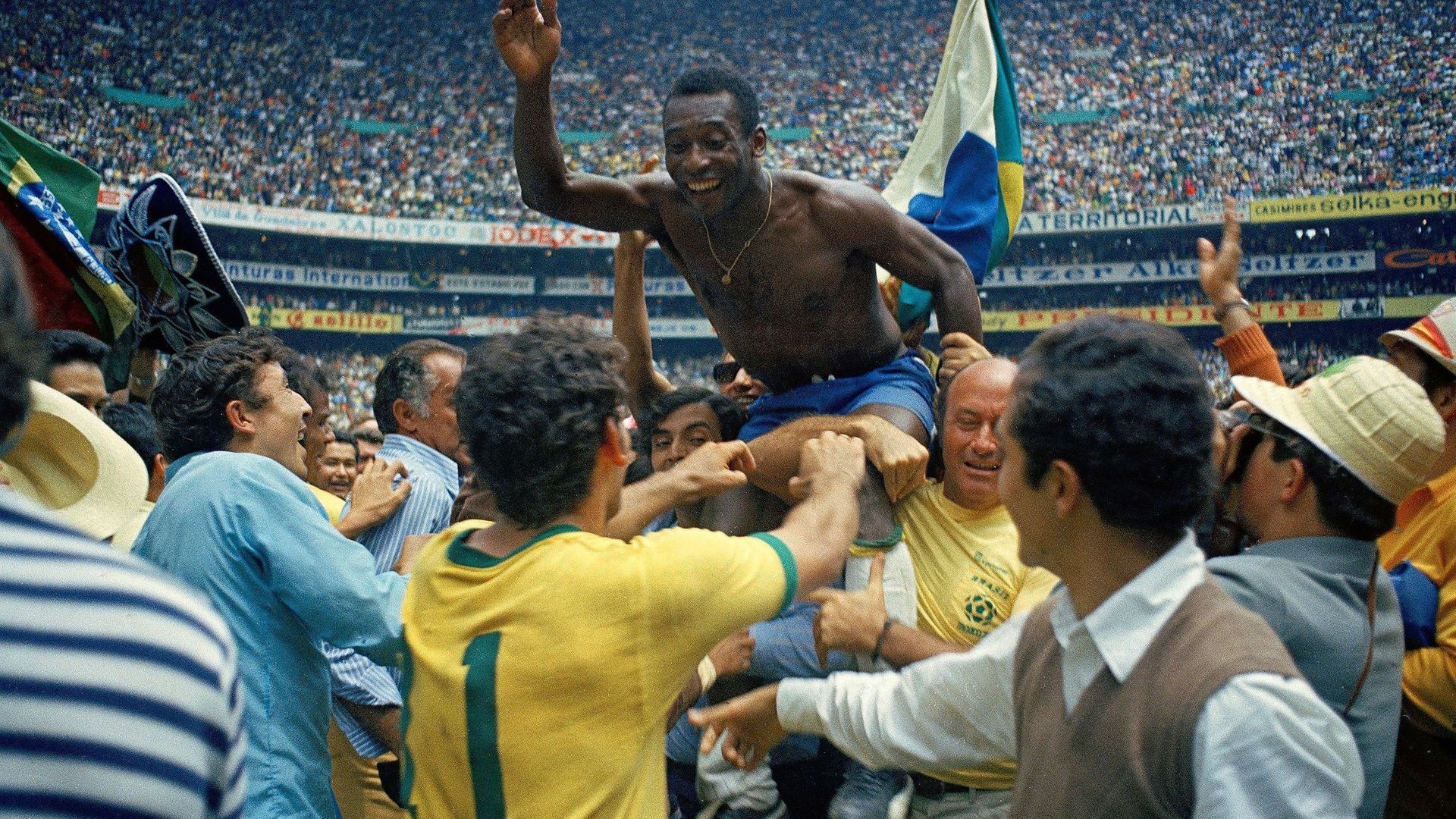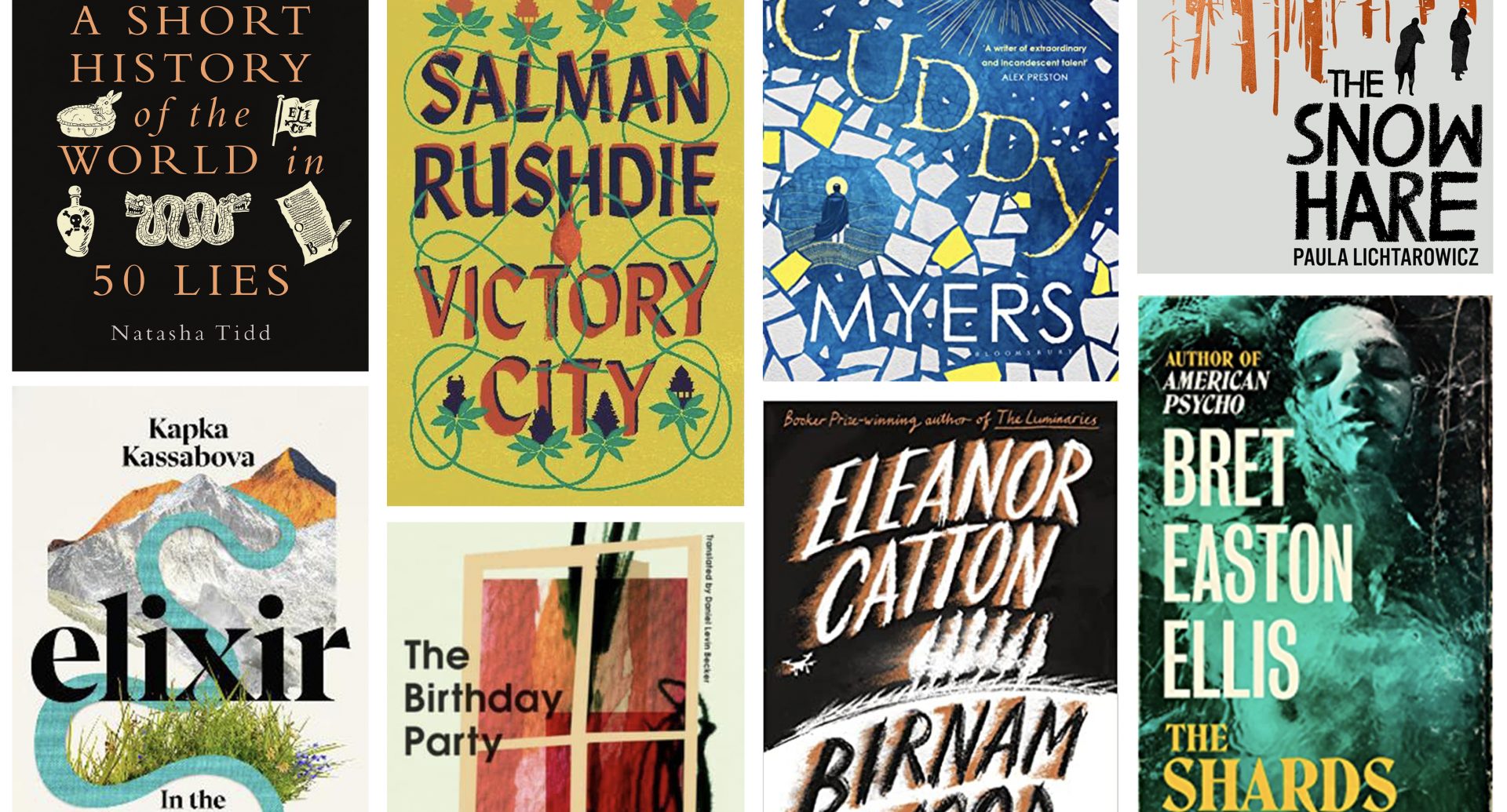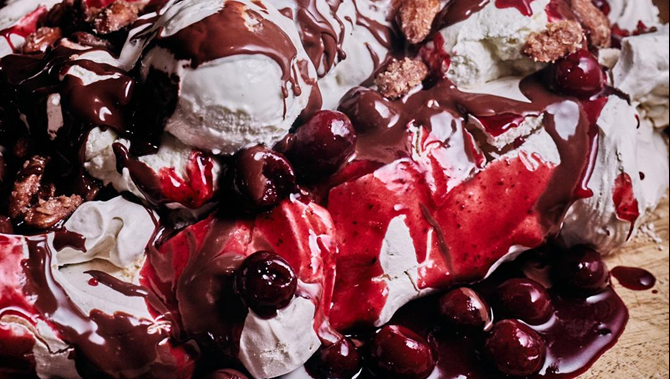Now that Lionel Messi has won a World Cup, many are calling him the best footballer ever. He can’t be. Pelé won it three times, the first at age 17, and but for injuries sometimes wilfully inflicted on him back in the 1960s and 1970s, the Brazilian might well have made it four or five World Cups.
I happily join the chorus acclaiming Messi as the most artistic player of this generation. But he never can, never will, equal Edson Arantes do Nascimento, the Brazilian we know simply as Pelé. As Messi returned to rapturous acclaim in Argentina over Christmas, Pelé, 82, lay terminally ill in São Paulo.
Sporting heroes must, like the rest of us, pass away. England has just lost George Cohen, the gentleman full back of the 1966 side, our only winner of the trophy. Just Bobby Charlton and Geoff Hurst, both knighted for that triumph, are now living to tell the tale. And Sir Bobby, like some former team-mates, struggles with dementia.
But we remember. And having had the privilege to watch Pelé in his prime, and to share his company both on and off duty, I have no compunction in regarding him as the best sportsman of his or any other generation.
That, of course, is mightily subjective because football is not by any stretch of imagination the only game. Nor is his nickname “The Greatest”, because that was an accolade that Muhammad Ali commandeered as his own.
There was a glint in Ali’s eye, an appreciation of the box office, when he gave himself that name. But when we put sporting personalities on pedestals, Pelé still stands above the rest. The game has changed. Appreciation of Messi is analysed through a different lens, in a different and more scientific era, and I love him for the way that – weaving his magic – he unites his team and bewilders his opponents.
But from one era to another, one corrupt FIFA realm to the next, football at its finest is what Pelé termed Jogo Bonito, The Beautiful Game. It is played by the rich and poor in every land. Pelé scoring 1,280 goals in 1,362 games is only one measure of his career. There was movement, invention, sorcery, team appreciation, and boy did Brazil have an incredible lineup in 1970.
The team that won that World Cup in Mexico raised the game to an art form. Pelé was not the leader because Carlos Alberto, the giant right back who did everything including score in that final, was the captain in the dressing room and on the pitch.
The engine room had the cunning of Gérson combined with the responsibility of Clodoaldo. And the attack? Oh, my. Was there ever a pair of wingers better than Jairzinho and Rivelino? Ever a front pair more gifted, more mobile, more intuitive than Tostão and Pelé? I had to look up the scoreline, 4-1 to Brazil over Italy. But like many who witnessed it either in the Azteca stadium or in the first World Cup final televised in colour, I need only to shut my eyes to see the beauty, the genius of a team working for one another.
And, as Brazilians will tell you, Pelé’s athleticism, his brain, balance and imagination made him “O Rei”, the king.
That joyous concoction of everything that he embodied was born into him, the son of a former footballer when futebol was far from a millionaire’s paradise. In fact, Pelé (whose real first name, incidentally, was given in reflection of Thomas Edison, the inventor of the lightbulb) created his first “football” out of socks from a clothesline.
That was probably about as naughty as anything he needed to do to play his game. Muhammad Ali, by comparison, magnified something far more brutal, literally more deadly. Ali’s movement, his audacious lip, and obviously his courage were channeled into prizefighting, a minority sport with disabling consequences for opponents and ultimately even for “The Greatest”.
We now know that football has repercussive effects, not the least for those heroes of England’s 1966 team. But it isn’t intended, as it is in knock-out pugilism. Pelé had a kidney removed over 40 years ago, but his killer was cancer and old age.
It hurt, hurt deeply, to see Pelé and Ali share the stage in Vienna where the sportsmen of the last century were honoured in December 1999. Pelé, the older of the two, was an unblemished figure. Ali was what he never chose to be, a quivering receptacle for sympathy.
To imply that Pelé never hurt a soul was probably wrong. His gifts could ridicule opponents. He confessed as much in his autobiography Pelé, My Life and the Beautiful Game where he recounted: “The first time I played in Africa, the stadium in Dakar was crowded to the aisles. I wanted to put on an exhibition. I scored twice in the first 10 minutes, but after the second goal I saw the goalkeeper crying. I had never seen a goalie cry, except in celebration after winning. The next thing I knew, the goalkeeper walked off the field. I had made him look foolish before his own people.”
Pelé tried to find the keeper after the game to say he was sorry. The man refused to come out of the dressing room. And in the book in 1977, Pelé recounted that he still had a bad feeling about that game.
Ali or Pelé? If a son or daughter strove to emulate Pelé, I would back their every move. If they aspired to follow Ali, I would do all in my power to dissuade them. Health is paramount, and beyond anything else that sport entails.




